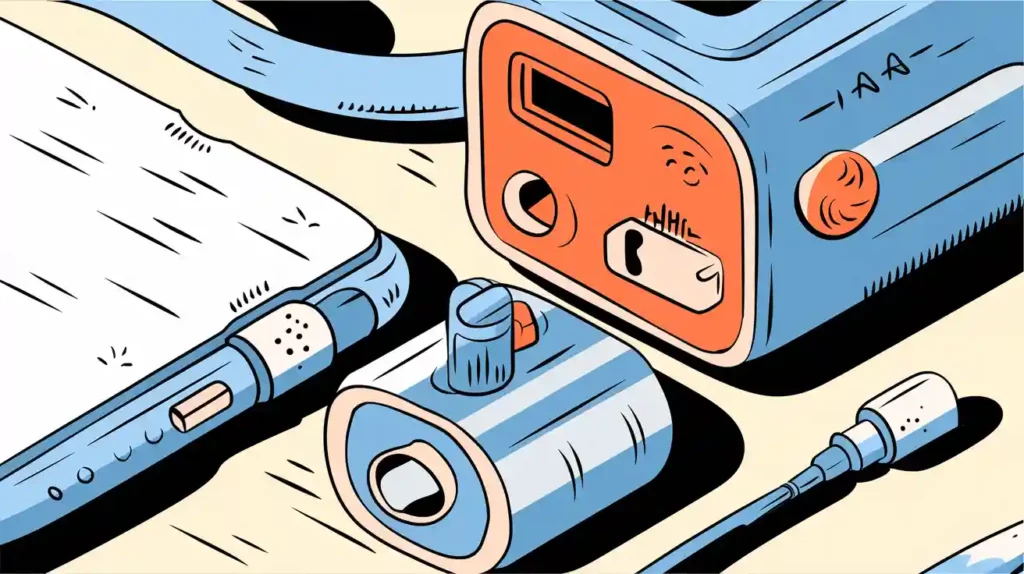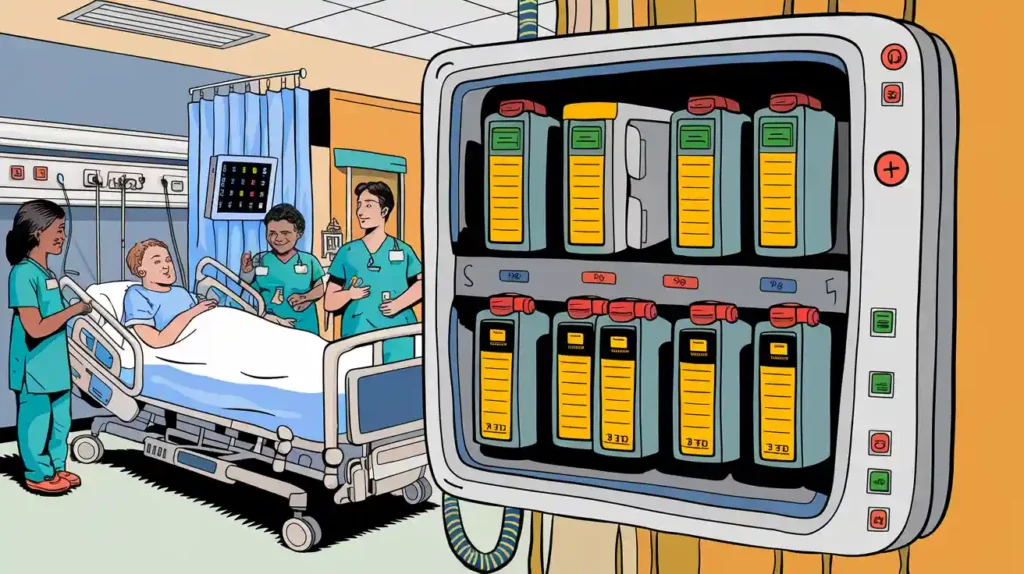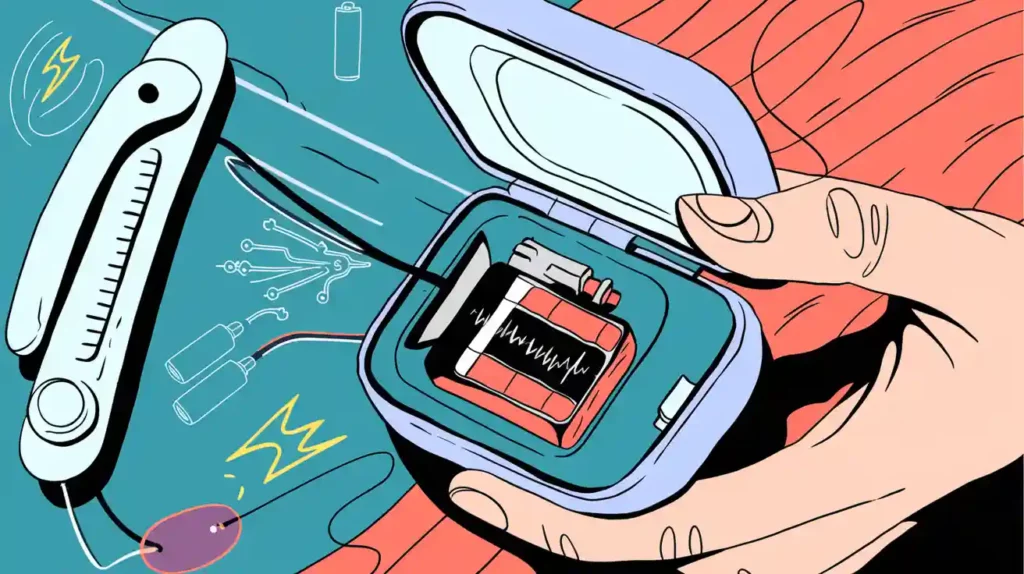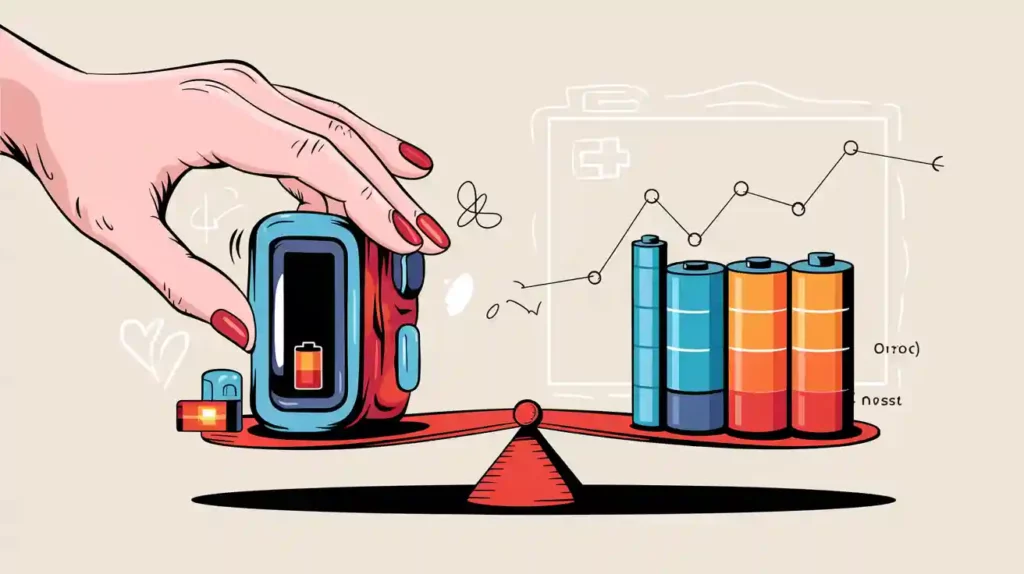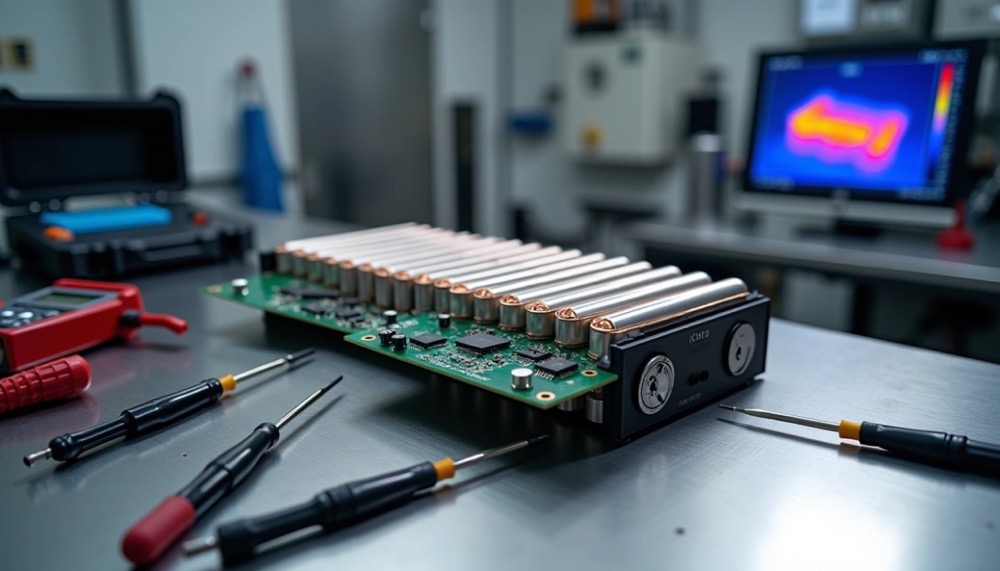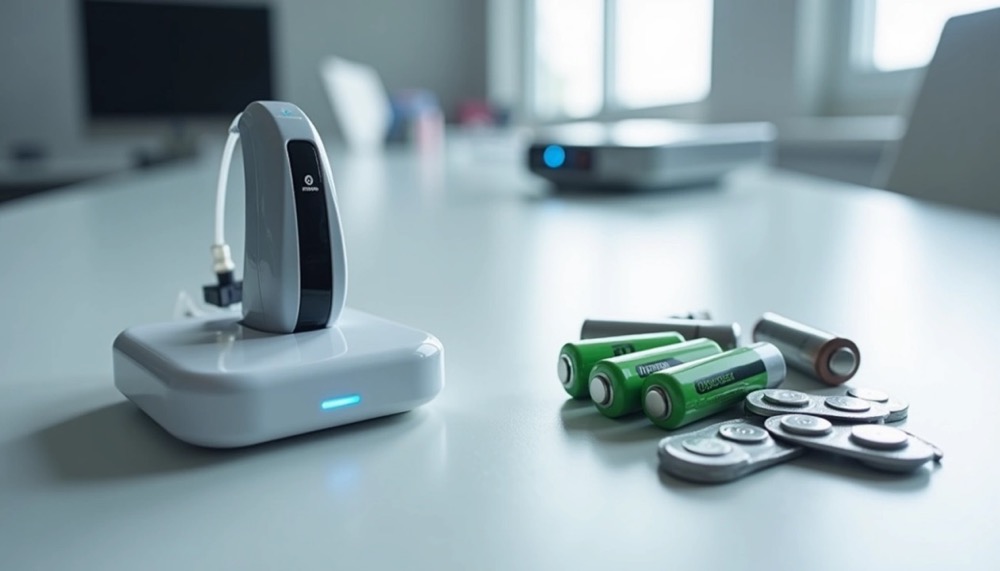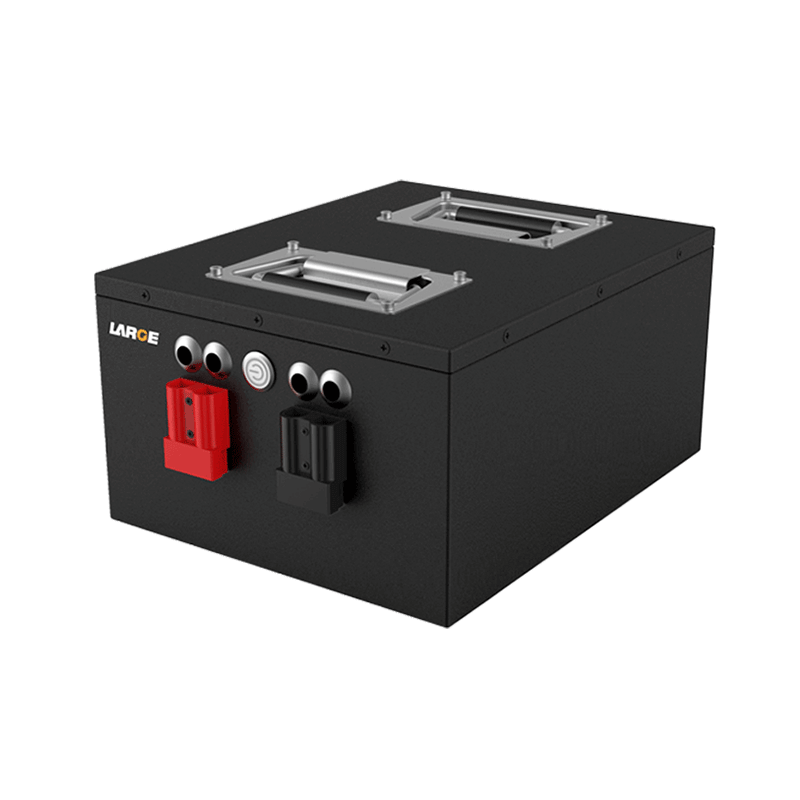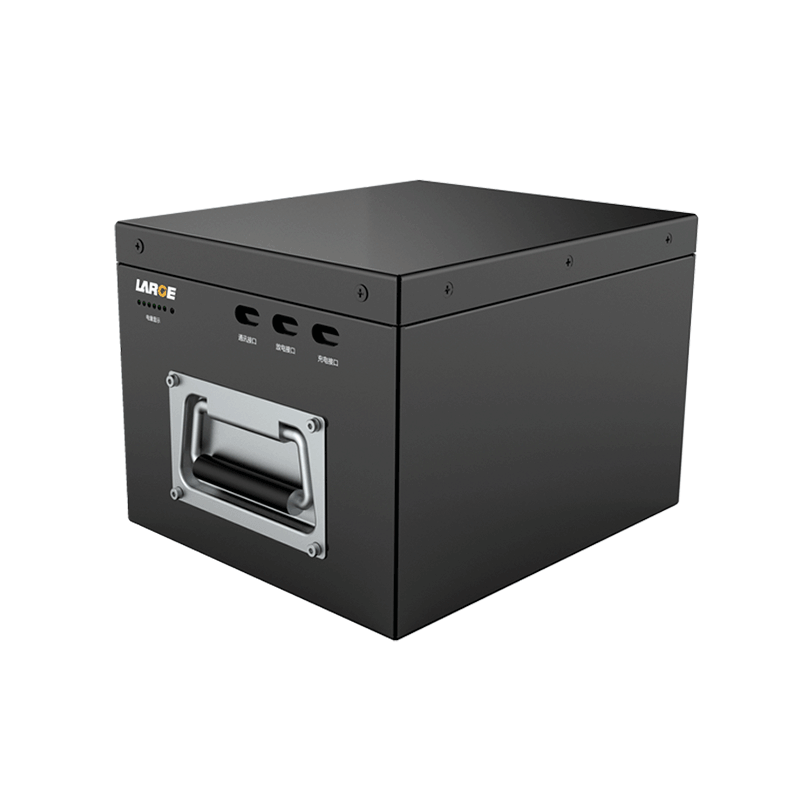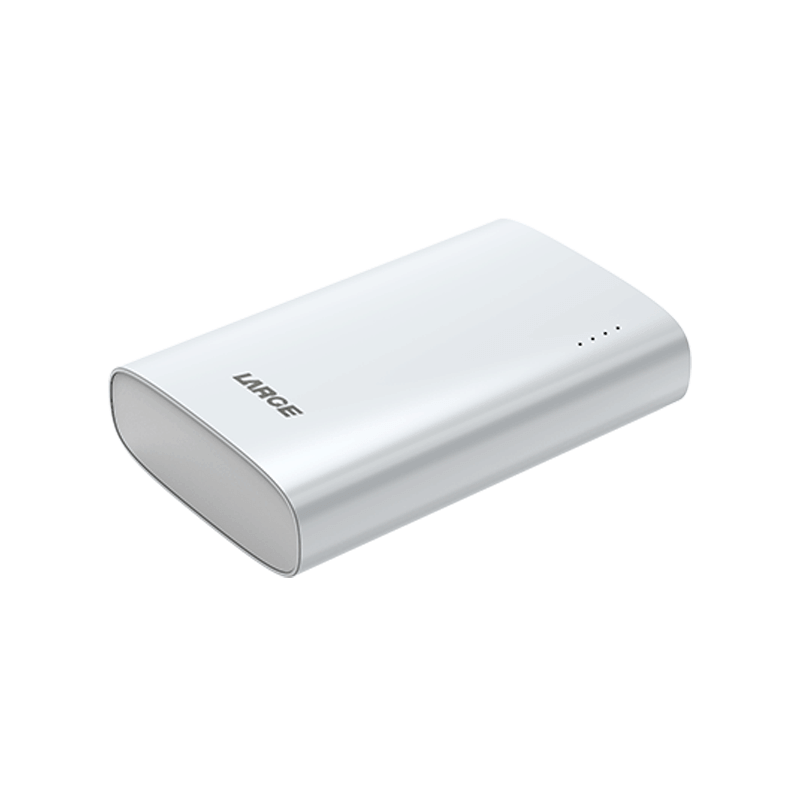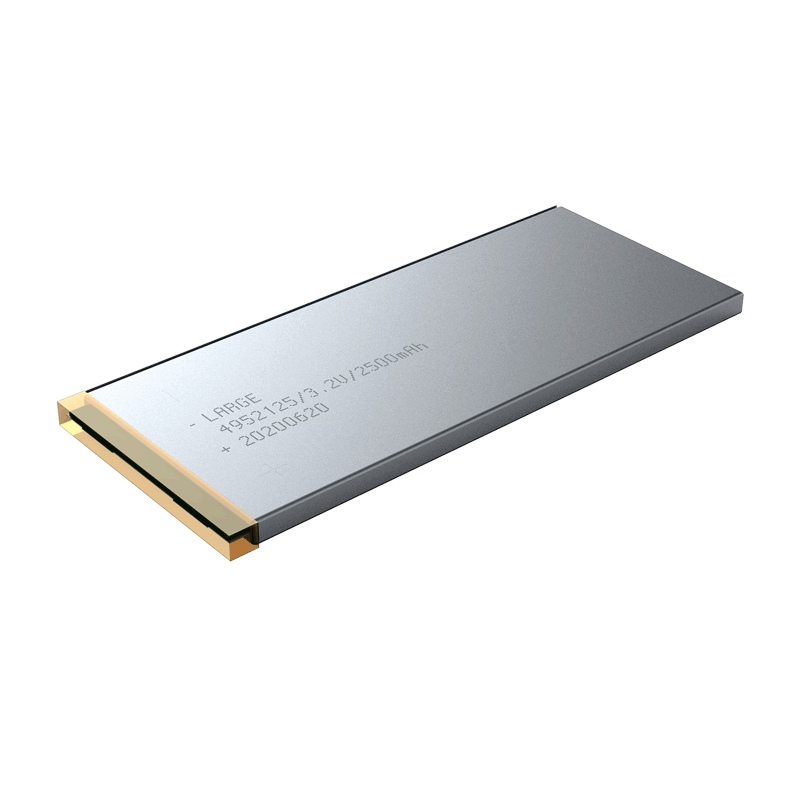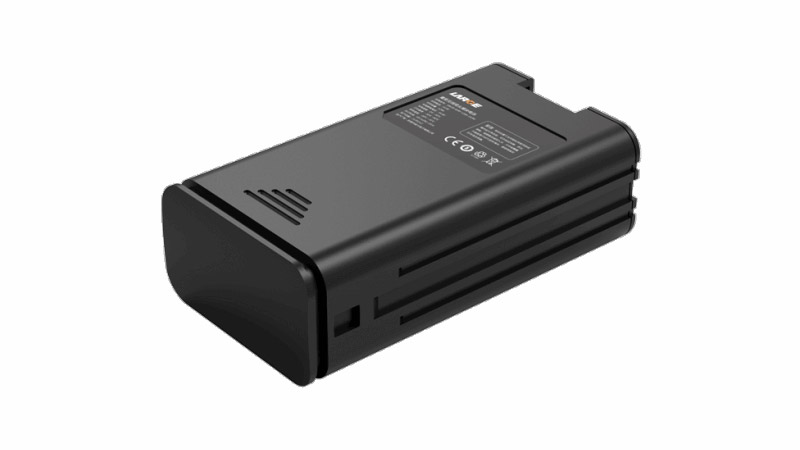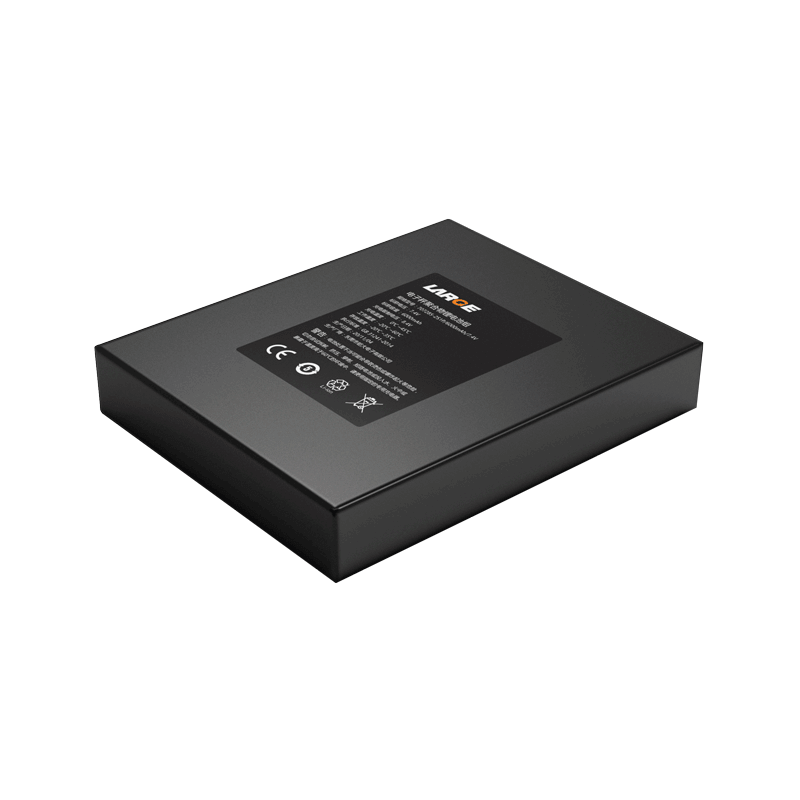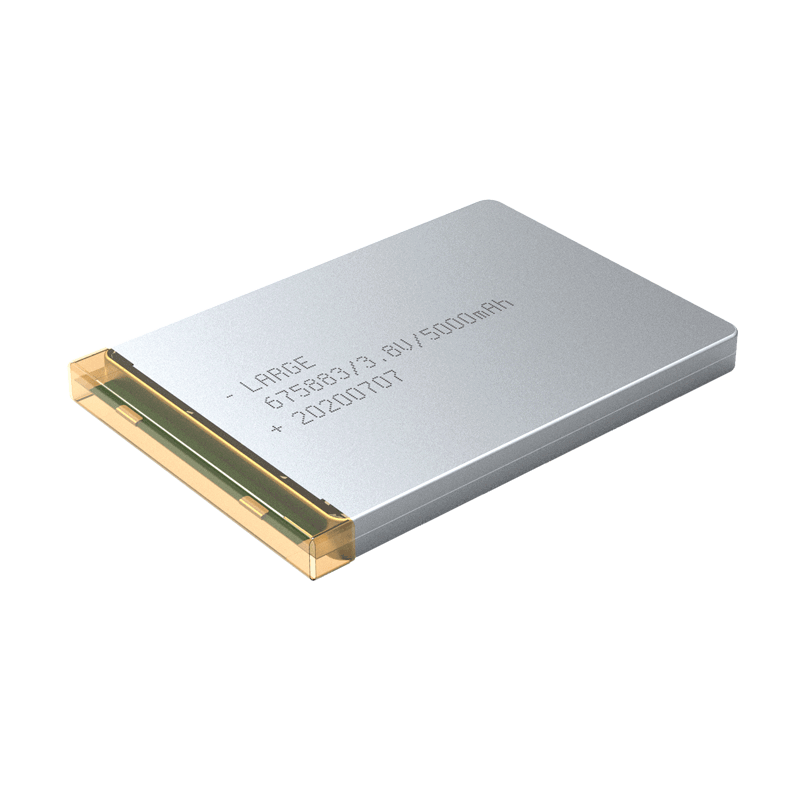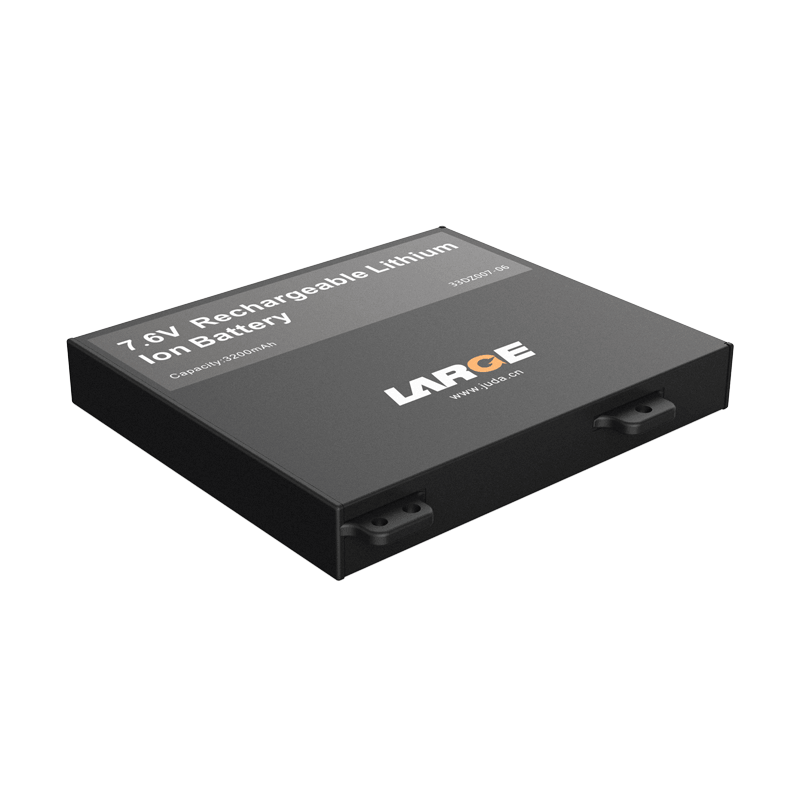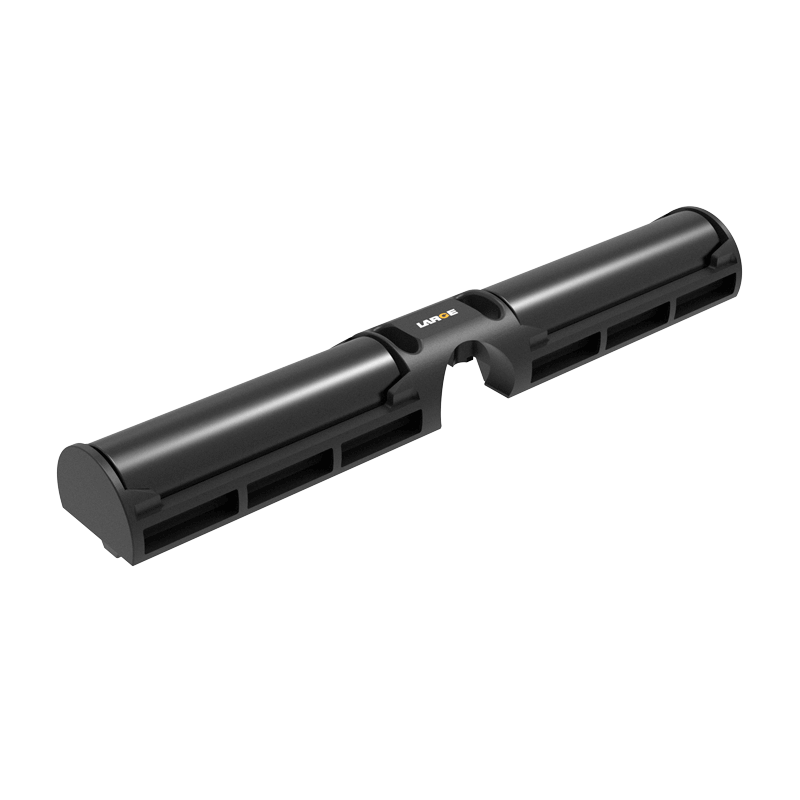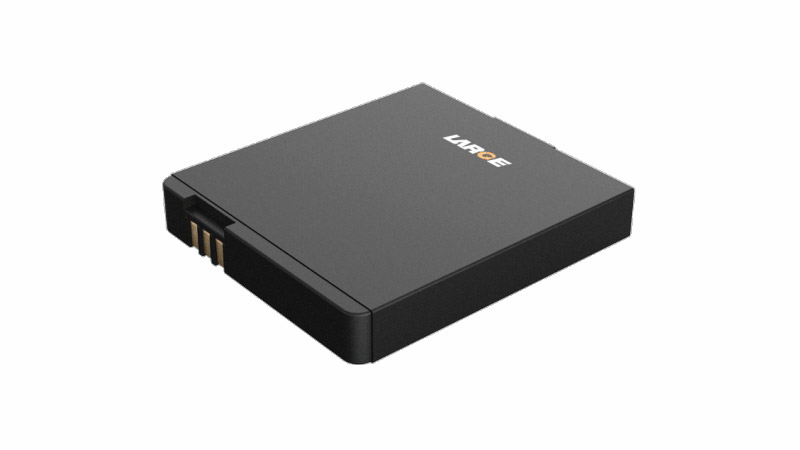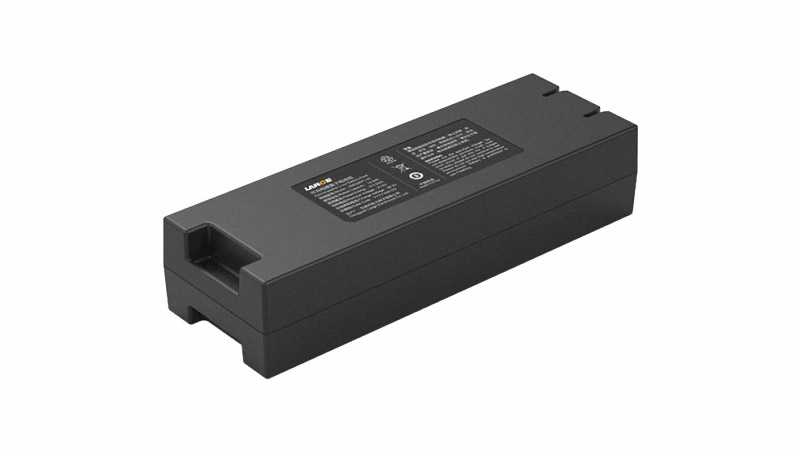lithium battery by voltage
Why Voltage Classification Matters in Lithium Battery Selection
Voltage classification is a fundamental parameter in lithium battery selection, directly influencing system architecture, circuit design, and operational reliability. From motor drives to control units, most industrial and embedded systems require precise voltage alignment to function safely and efficiently. A mismatched voltage can lead to undervoltage faults, overheating, or performance instability, making voltage selection a key design consideration—not just a specification.
Beyond compatibility, voltage classification also affects system efficiency and scalability. Higher-voltage configurations typically enable lower current, reducing conductor loss and thermal load, while supporting more compact and modular designs. For engineers and procurement teams, classifying batteries by voltage helps streamline integration, simplify component matching, and ensure compliance with relevant technical and safety standards.
Lithium Battery Voltage Categories
Match the Rated Voltage of Your Equipment
Start by confirming your device’s nominal operating voltage. Portable devices often use 3.7V or 7.4V, tools may require 11.1V or 14.8V, and industrial/storage systems commonly run on 24V, 36V, or 48V.
Consider Power Demand and Output Stability
Higher power applications should favor higher voltage platforms to reduce current, minimize energy loss, and enhance system stability.
Ensure Compatibility with Power Supplies or Controllers
Double-check that the BMS, output voltage range, and interface types are compatible with your existing system—especially in applications requiring communication or grid interaction.
Use Standard Platforms When in Doubt
12V, 24V, and 48V systems are widely used and easily integrated across industries. They offer better flexibility, scalability, and support.
We also offer early-stage consulting, voltage planning, and custom battery design services to help you configure the best-fit power solution for your application.
| Voltage | Typical Applications | Notes |
|---|---|---|
| 3.2V | Energy storage, LiFePO₄ cells | Safe & long-life chemistry |
| 3.7V | Phones, handhelds | Standard Li-ion cell voltage |
| 3.8V | Fast-charging electronics | High-voltage polymer systems |
| 7.4V | Drones, cameras | Compact 2S configuration |
| 11.1V | Tools, control boards | 3S design for mid-power use |
| 14.8V | Medical/security devices | 4S setup with balance of power and size |
| 18.5V | Robots, mobile platforms | 5S powerpacks |
| 22.2V | Power chairs, industrial tools | 6S high-output setups |
| 12V | Telecom, UPS, LED lighting | 4S LiFePO₄ structure |
| 24V | Solar storage, e-scooters | Common for small mobility systems |
| 36V | E-bikes, hoverboards | Mid-power, mid-range battery level |
| 48V | Logistics, distributed storage | Heavy-duty power systems |
Send Your Inquiry Today
Why Choose Lithium Batteries by Voltage?
Tailored Power Solutions for Every Application Scenario
When selecting the right lithium battery, voltage is a crucial parameter that directly determines compatibility, performance, and efficiency. Organizing lithium batteries by voltage not only helps customers quickly locate the most suitable option but also allows for precise matching with the power requirements of diverse devices and systems—from portable electronics to industrial equipment. Here are four key advantages of choosing lithium batteries categorized by voltage:

Precise Compatibility with Device Requirements
Voltage-specific battery options ensure seamless integration with various devices, avoiding under- or over-voltage issues. Whether it’s 3.7V for consumer gadgets, 12V for security systems, or 48V for electric vehicles, selecting by voltage guarantees optimal operational performance and safety.

Enhanced Efficiency and Power Management
Different applications demand different energy intensities and discharge profiles. By choosing a battery with the correct voltage range, users can improve overall energy utilization, reduce power conversion losses, and maintain stable system performance over time.

Simplified Product Selection and Integration
Categorizing batteries by voltage streamlines the selection process for engineers, procurement teams, and DIY enthusiasts alike. It removes guesswork and minimizes compatibility mismatches, especially in complex systems that rely on precise electrical architecture.

Scalable Solutions for Evolving Needs
Voltage-specific battery modules can be easily scaled up or down to meet growing energy demands. From small packs for wearables to high-voltage configurations for backup power and EVs, this approach supports modular design, expandability, and future-proof planning.
Lithium Battery by Voltage Applications
Our Lithium Battery by Voltage solutions are tailored to meet the specific voltage requirements of diverse industrial and commercial applications. By offering lithium batteries in standardized voltages—such as 3.7V, 7.4V, 12V, 24V, 36V, and 48V—we help manufacturers, system integrators, and OEM clients achieve precise power matching, simplified integration, and enhanced system performance. Whether you’re building mobile devices or complex energy storage systems, we provide the right voltage for your mission-critical needs.
Lithium Battery Solutions by Voltage for Flexible Power Configurations
Looking for efficient power solutions without long lead times? Our Lithium Battery by Voltage series offers a full range of voltage options to meet the diverse demands of electronic devices, mobility equipment, industrial tools, and backup systems.
As a professional battery manufacturer, we ensure reliable supply, competitive pricing, and expert technical support. Whether you need samples for evaluation or bulk procurement for mass production, we are ready to support your business.
Submit your application requirements now, and our team will match you with the right battery solution efficiently.
Lithium Battery by Voltage – Frequently Asked Questions
Can batteries of different voltage levels be used interchangeably?
No. Each voltage level is matched to specific equipment or system requirements. Using an incompatible voltage may cause malfunction or permanent damage.
Is a higher voltage always better?
Not necessarily. Higher voltage reduces current and improves efficiency in high-power systems, but may be overkill for low-power or sensitive devices.
What’s the difference between nominal voltage and actual voltage?
Nominal voltage is the average working voltage (e.g., 3.7V for lithium-ion). Actual voltage fluctuates during charging/discharging.
Can I customize a non-standard voltage pack (e.g., 60V or 72V)?
Yes. We provide custom series-parallel battery packs for special voltage needs, along with matching BMS and structural design.
How can I confirm the right voltage for my project?
Share your equipment specs, power consumption, and application type. Our engineers will help recommend the optimal voltage platform.
Related News


